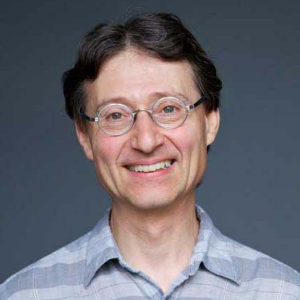Microneedle Drug Delivery
Microneedle drug delivery stands at the forefront of medical innovation, offering a paradigm shift in the administration of therapeutic agents. Comprising micrometer-sized needles ranging from 25 to 2000 micrometers, this technology presents a virtually painless method for drug delivery through the skin. It addresses inherent challenges associated with traditional administration routes like injections or oral medications. One of its chief merits lies in enhancing drug absorption, ensuring precise and controlled release. This targeted delivery system not only minimizes potential side effects but also augments therapeutic efficacy, promising a more favorable patient experience. Microneedles find diverse applications, from delivering vaccines to insulin and other biologics.
This system proves especially promising for conditions requiring frequent or chronic drug administration, introducing new possibilities for self-administration. This feature not only lessens the burden on healthcare professionals but also significantly improves patient compliance. The ongoing evolution of microneedle design, materials, and fabrication techniques aims to optimize this technology for broader clinical use.

Harry E Ruda
University of Toronto, Canada
Raman Singh
Monash University, Australia
Paulo Cesar De Morais
Catholic University of Brasilia, Brazil
Xiao Hong Nancy Xu
Old Dominion University, United States
S V A R Sastry
Harcourt Butler Technical University, India
Vinayak Adimule
Angadi Institute of Technology and Management, India



Title : Circumventing challenges in developing CVD graphene on steels for extraordinary and durable corrosion resistance
Raman Singh, Monash University, Australia
Title : Nanomaterial-based bio-lubricant additives for improved efficiency and environmental sustainability in automotive applications
S V A R Sastry, Harcourt Butler Technical University, India
Title : Evaluating cytotoxicity of metal-doped tin oxide nanoparticles
Paulo Cesar De Morais, Catholic University of Brasilia, Brazil
Title : 40,000 implants in humans and no failure: The impact of nanomedicine
Thomas J Webster, Hebei University of Technology, China
Title : Enhanced photoluminescence and fluorescence properties of flake-like Co3O4@Cs2O bimetallic oxide nanostructures
Vinayak Adimule, Angadi Institute of Technology and Management, India
Title : Lipid nanoparticles formulations: From bench scale to industrial scale
Mohammad A Obeid, RAK Medical and Health Sciences University, United Arab Emirates